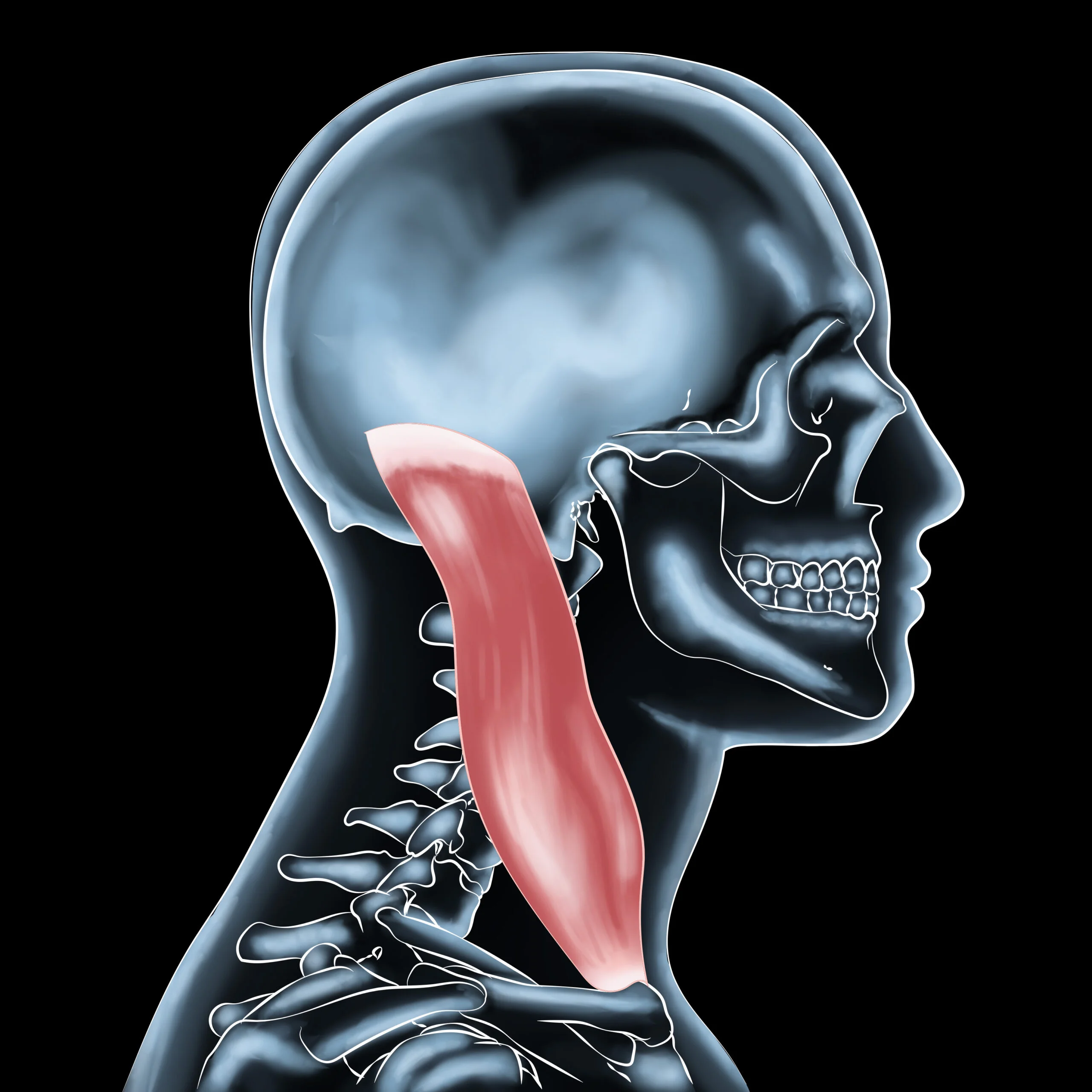Symptom – Are you experiencing Chest Muscle Pain?
Chest muscle pain can have a variety of causes, ranging from overuse or strain to more serious underlying medical conditions. Some common causes of chest muscle pain include:
- Pulled or strained muscles: Chest muscles can be strained or pulled through overexertion or improper technique during physical activity.
- Costochondritis: This is a condition that causes inflammation of the cartilage that connects the ribs to the breastbone. It can cause sharp or stabbing chest pain.
- Heart attack: Chest pain is a common symptom of a heart attack. If you are experiencing chest pain and have risk factors for heart disease, such as high blood pressure or high cholesterol, it is important to seek medical attention immediately.
- Rib injury: A rib injury, such as a fracture or sprain, can cause chest pain.
- Other medical conditions: Chest muscle pain can also be caused by underlying medical conditions such as pneumonia, pleurisy, or a pulmonary embolism.
It is important to see a doctor if you are experiencing chest pain, especially if the pain is severe or accompanied by other symptoms such as shortness of breath, sweating, or nausea. Your doctor will be able to determine the cause of your chest pain and recommend the appropriate treatment.
What causes Chest Muscle Pain?
Chest muscle pain can have a variety of causes, including:
- Overuse or strain: Chest muscles can become strained or pulled through overexertion or improper technique during physical activity.
- Costochondritis: This is a condition that causes inflammation of the cartilage that connects the ribs to the breastbone. It can cause sharp or stabbing chest pain.
- Heart attack: Chest pain is a common symptom of a heart attack. If you are experiencing chest pain and have risk factors for heart disease, such as high blood pressure or high cholesterol, it is important to seek medical attention immediately.
- Rib injury: A rib injury, such as a fracture or sprain, can cause chest pain.
- Other medical conditions: Chest muscle pain can also be caused by underlying medical conditions such as pneumonia, pleurisy, or a pulmonary embolism.
It is important to see a doctor if you are experiencing chest pain, especially if the pain is severe or accompanied by other symptoms such as shortness of breath, sweating, or nausea. Your doctor will be able to determine the cause of your chest pain and recommend appropriate treatment.
How to treat your Chest Muscle Pain?
The treatment for chest muscle pain will depend on the underlying cause. Here are some general recommendations for managing chest muscle pain:
- Rest: If your chest muscle pain is caused by overuse or strain, it is important to give your muscles time to rest and heal. Avoid activities that cause pain or discomfort and consider taking over-the-counter pain medication, such as acetaminophen or ibuprofen, to help reduce inflammation and relieve pain.
- Apply heat or cold: Applying heat or cold to the affected area can help reduce inflammation and alleviate pain. You can use a heating pad, hot water bottle, or warm compress to apply heat, or an ice pack, cold compress, or bag of frozen vegetables to apply cold.
- Stretch and strengthen: Stretching and strengthening exercises can help improve flexibility and reduce the risk of future muscle strains. Consult with a physical therapist or your healthcare provider for guidance on appropriate exercises for your specific condition.
- See a doctor: If your chest muscle pain is severe or does not improve with home treatment, it is important to see a doctor. They will be able to determine the underlying cause of your pain and recommend appropriate treatment.
It is important to note that chest muscle pain can also be a symptom of a more serious underlying condition, such as a heart attack. If you are experiencing chest pain and have risk factors for heart disease, it is important to seek medical attention immediately.






